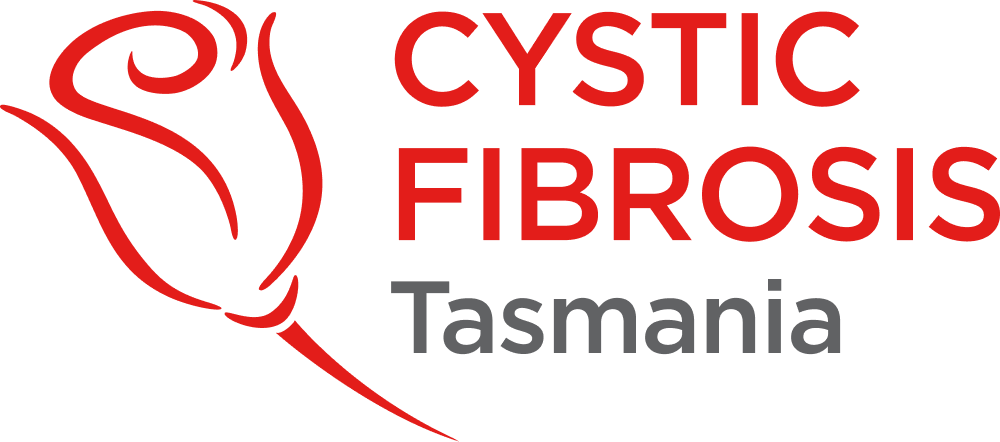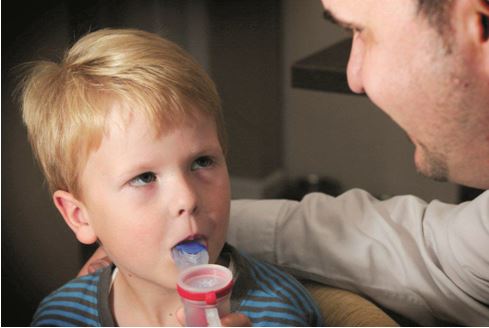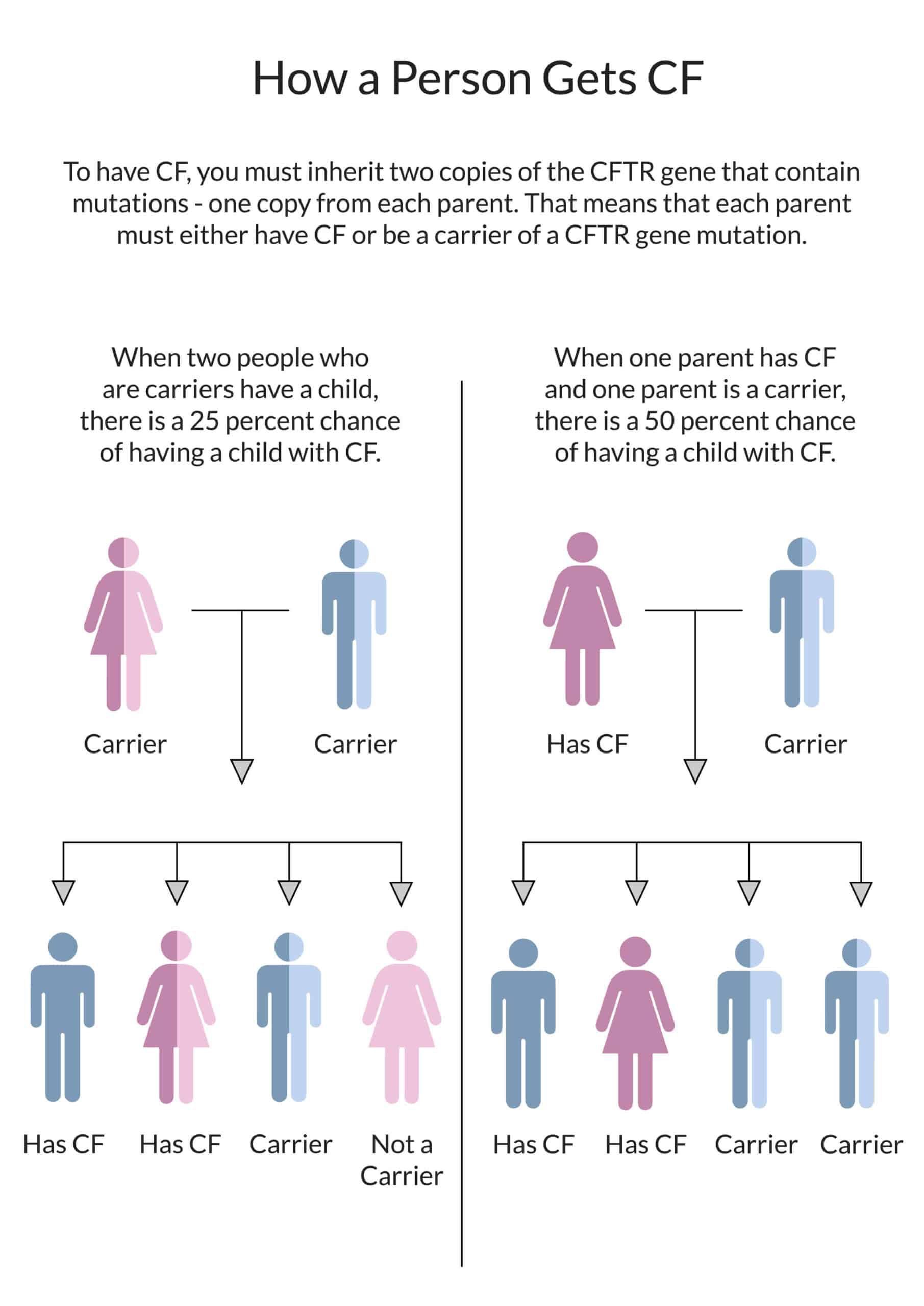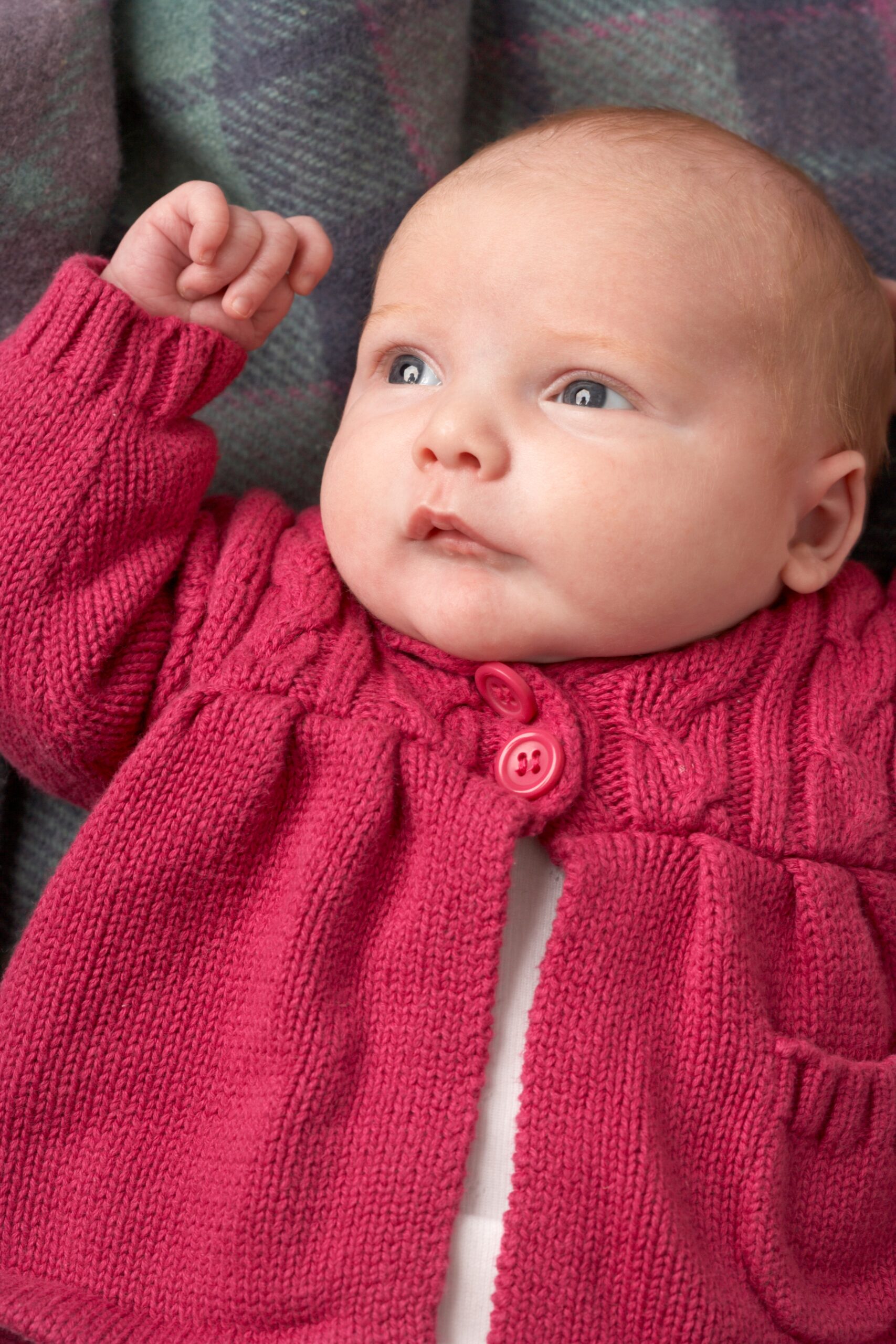What is Cystic Fibrosis?
About CF
Cystic Fibrosis (CF) is a recessive genetic condition. This means that you are born with CF because it is inherited. CF is one of the most common, life-limiting diseases affecting children and adults in Australia.
Sadly, children born 50 or 60 years ago with CF often only lived a few short years. With advances in research and treatments, life expectancy has increased. While we wait for a cure, CFT will continue to provide much-needed support and services to Tasmanians impacted by the condition.
CF primarily impacts the lungs and digestive system. Every individual’s journey with CF will be different, especially as it is a very complex condition. Osteoporosis, Diabetes, Pancreatic Insufficiency, and Bowel and Liver Disease are some of the many complicating factors of CF.
The CF Gene
As CF is a recessive genetic condition, people are born with it. To have a child with CF, both parents must be carriers of the CF gene. If both parents are carriers, then with each pregnancy, there are:
- A 25% chance of that child being born with CF;
- A 50% chance that the child will not have CF but will be a carrier of the CF gene; and
- A 25% chance of not having CF or being a carrier of the gene.
How is CF diagnosed?
Since the 1990’s newborn screening has been done on Australian babies in the first few days after their birth, this test is also known as the heel prick test. It screens for various genetic conditions including CF, amino acid disorders and thyroid issues, which may not be evident at birth. It is available free of charge.
If the test returns positive, you will be referred to the Tasmanian Paediatric Cystic Fibrosis Service. They will arrange for further tests to be carried out to confirm the diagnosis. Most Australian babies are diagnosed within the first few months of their birth, but there can be some exceptions, especially in cases with rare genotypes.




